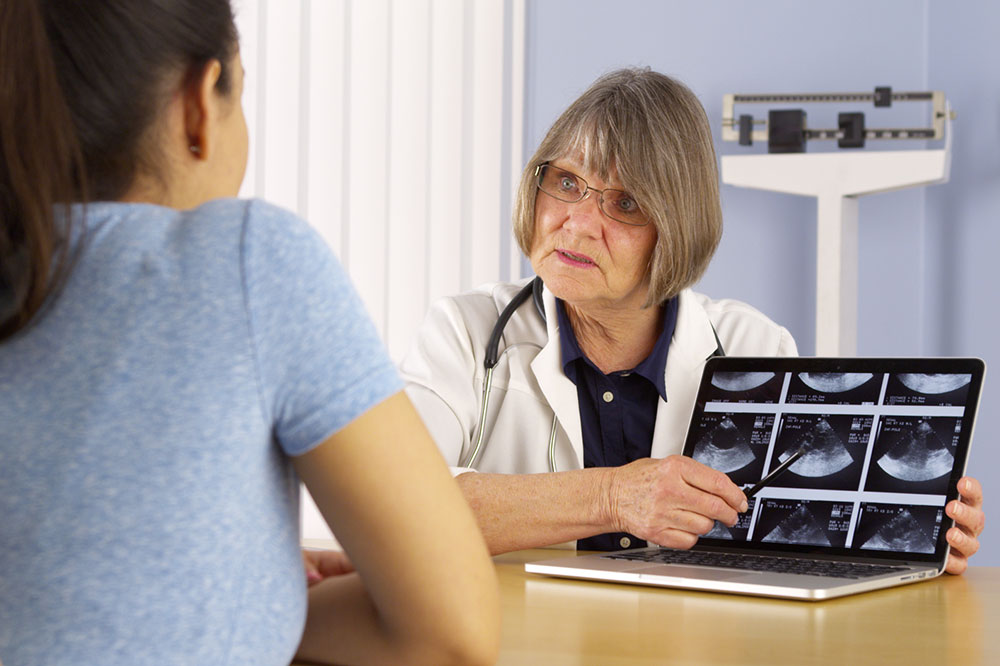
Lifestyle Tips to Reduce the Risk of Cervical Cancer
All women have a risk of developing cervical cancer. This type of cancer affects the cells in the cervix. Different strains of the HPV, human papillomavirus can cause this disease, leading to exasperating symptoms like bloody vaginal discharge, abdominal pain, or pain during sexual intercourse. Fortunately, cervical cancer is highly preventable. Here, we will talk about some important tips for the prevention of cervical cancer. Let’s begin.
Go for routine pap tests
This is a type of diagnostic test that helps the doctor identify any abnormalities in cervix cells. According to the guidelines issued by the USPSTF, the recommendations regarding pap tests are as follows:
- For women below 21 years of age, no Pap smear test is needed. They should instead go for the HPV vaccine.
- Women between 21 and 29 must get a Pap test once every three years.
- Women who are above 30 years can choose any one option from the following three choices:
- Pap smear test every three years
- Only HPV 16 and 18 testing every five years
- Co-testing of Pap smear and HPV every five years
- For women who are above 65 years and have got prior screenings, no testing is required.
Follow up on an abnormal Pap smear test
If your routine Pap smear test shows any kind of infection, you must consult your doctor immediately. After treating the infection, it is advisable to repeat the Pap test again. In case the examination suggests anything else than an infection, your doctor may perform other tests to determine the problem.
Get yourself vaccinated
There are two vaccines for the prevention of cervical cancer: Cervarix and Gardasil. You can check with your doctor to find out the best one for your body. The following individuals can get themselves vaccinated:
- Girls at the age of 11 and 12
- Women between 13 and 26, if they have not been diagnosed with cervical cancer
- Boys at the age of 11 and 12
- Men between 13 and 21, who have not been diagnosed with cervical cancer
If you are not eligible to get the vaccine, but your children are, it is important to make sure that they get vaccinated.
Practice safe sex
According to some studies, it is seen that women with many different sexual partners are at a greater risk of developing cervical cancer. If you have an active sex life, it is advisable to use protection every time for the prevention of cervical cancer. Unprotected sex can increase the chance of getting sexually transmitted infections, which, in turn, can increase the likelihood of cervical cancer. Although condoms help to lower the risk of cervical cancer, yet it must be noted that HPV can affect areas that are not covered by a condom. So, it is important to get a vaccination in addition to using a condom.
These are simple tips for the prevention of cervical cancer. You can talk to your doctor to understand what’s best for your body.



